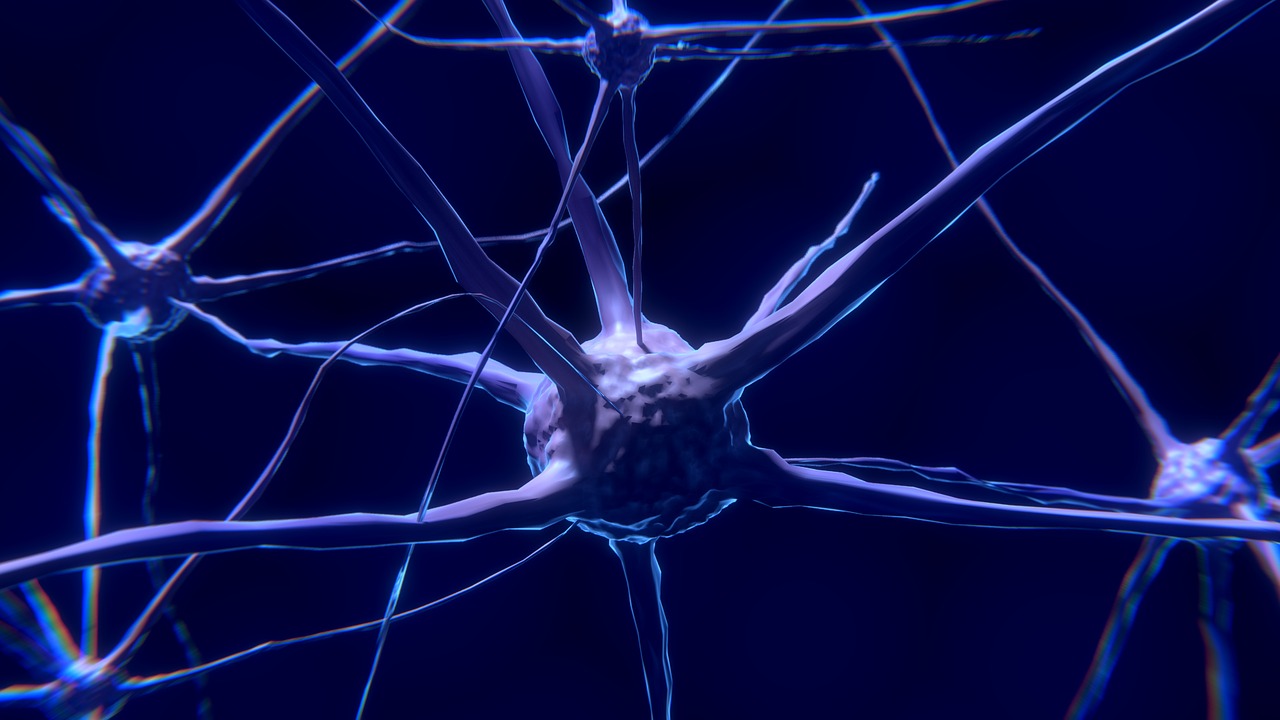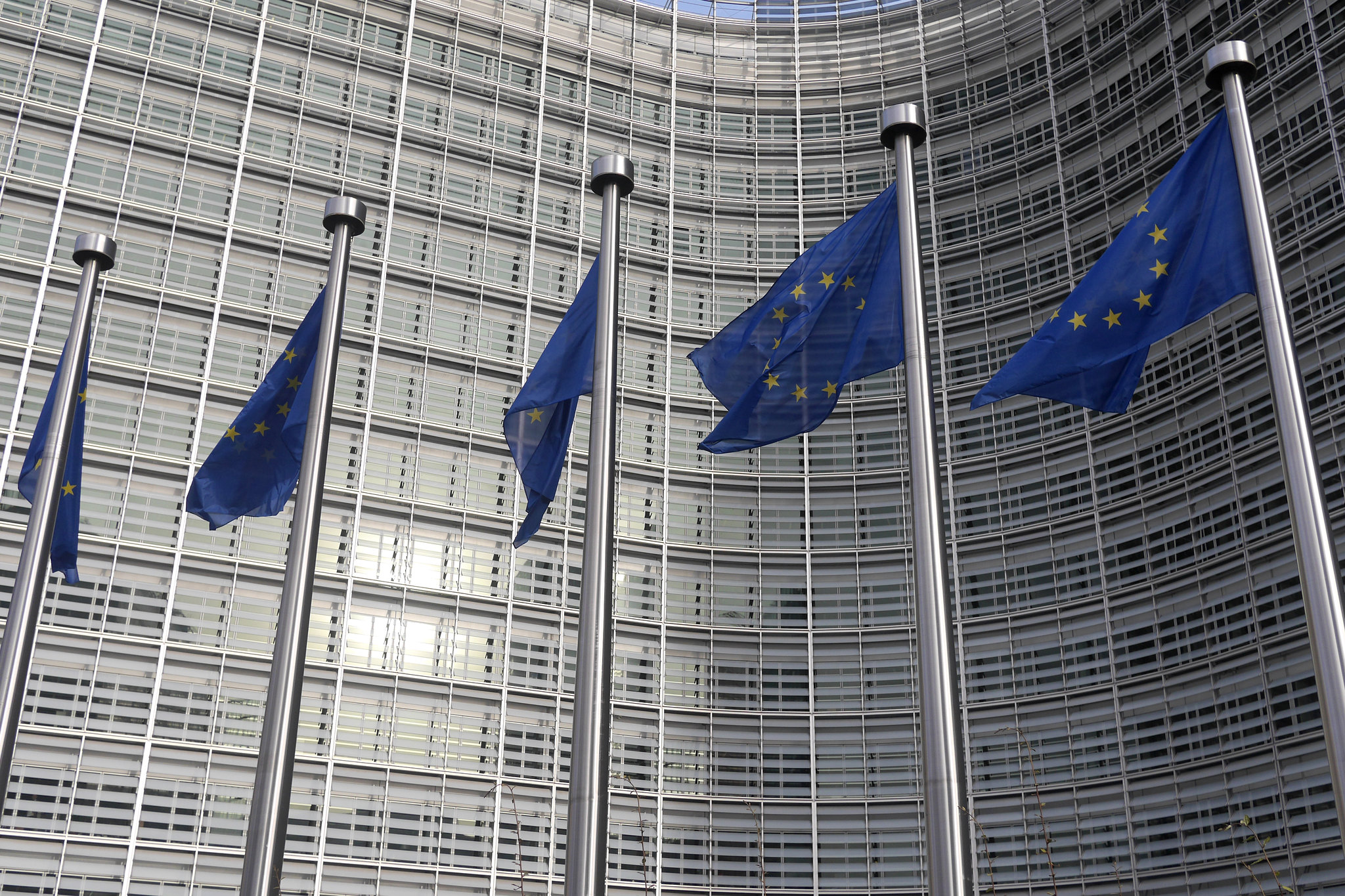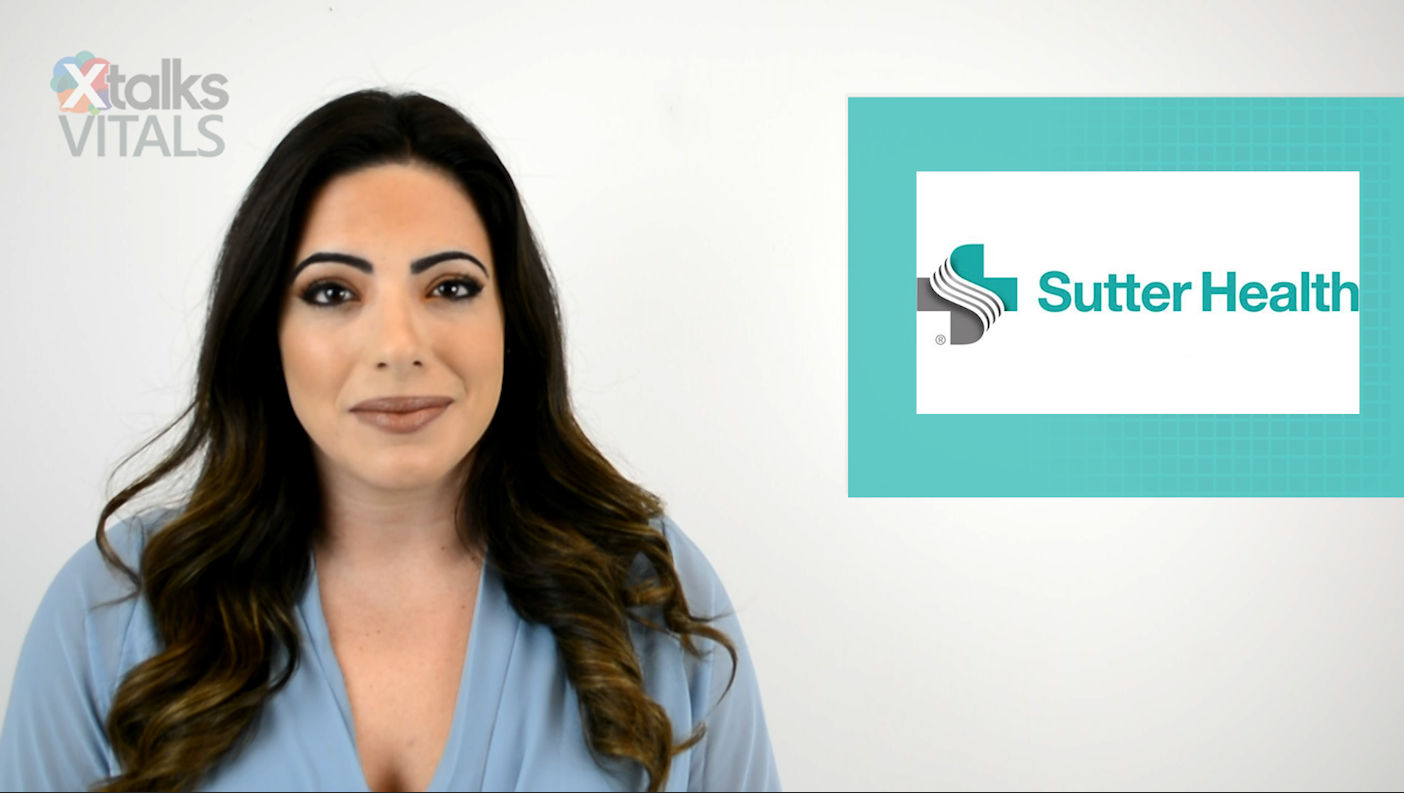With few effective treatment options for people living with severe multiple sclerosis (MS), the National Institutes of Health (NIH) plans to settle the debate: is a stem cell treatment more effective than the best available biologics?
The stem cell treatment in question is known as autologous hematopoietic stem cell therapy (AHSCT), which involves the depletion of autoreactive immune cells that are responsible for the motor and cognitive deficits characteristic of MS patients, followed by re-infusion of healthy blood-forming cells back into the same patient.
AHSCT is a high-risk, high-reward strategy. “AHSCT has the potential to halt the progress of relapsing MS, eliminate the need for a person to take lifelong medication, and allow the body to partially regain function. However, we need to be certain that the benefits of this form of treatment outweigh its serious risks,” commented Dr. Anthony S. Fauci, director of the National Institute of Allergy and Infectious Diseases, part of the NIH.
In a 2017 meta-analysis, researchers found a transplant-related mortality rate of 2.1 percent across 15 studies conducted over 21 years. Improved patient selection and refined treatment procedures have taken this figure down to approximately 0.3 percent.
Despite these risks, AHSCT remains an option for patients with severe forms of the disease, who are often unresponsive to traditional therapeutics. Whether AHSCT is superior to the best-available third-line biologic drugs has not yet been evaluated in a formal trial.
The NIH has begun recruiting for BEAT-MS, a Phase III trial led by Dr. Jeffrey A. Cohen, a professor of neurology at the Cleveland Clinic Lerner College of Medicine and the director of Experimental Therapeutics Program in the Mellen Center for Multiple Sclerosis Treatment and Research at the Cleveland Clinic. The research team plans to enroll 156 adult patients at 19 sites across the US and the United Kingdom. The patients will be followed for six years after receiving AHSCT or one of four biologics: Biogen’s natalizumab (Tysabri), Sanofi’s alemtuzumab (Campath or Lemtrada), Roche Genentech’s ocrelizumab (Ocrevus) or rituximab (Rituxan).
These biologics, while effective for some patients, may lead to severe side effects including heart attacks, depression, kidney failure or life-threatening infections. Long-term use of biologics can not only lead to adverse health effects, but they pose a major financial burden on patients and their families.
Cost-effectiveness is another area that will be examined in BEAT-MS. Authors of a recent review concluded that the one-time cost of AHSCT could be lower than the $50,000 to $70,000 annual cost of biologics therapy.
It may be years before AHSCT for the treatment of MS becomes a routine offering at the clinic, but this new clinical trial may accelerate this process.












Join or login to leave a comment
JOIN LOGIN